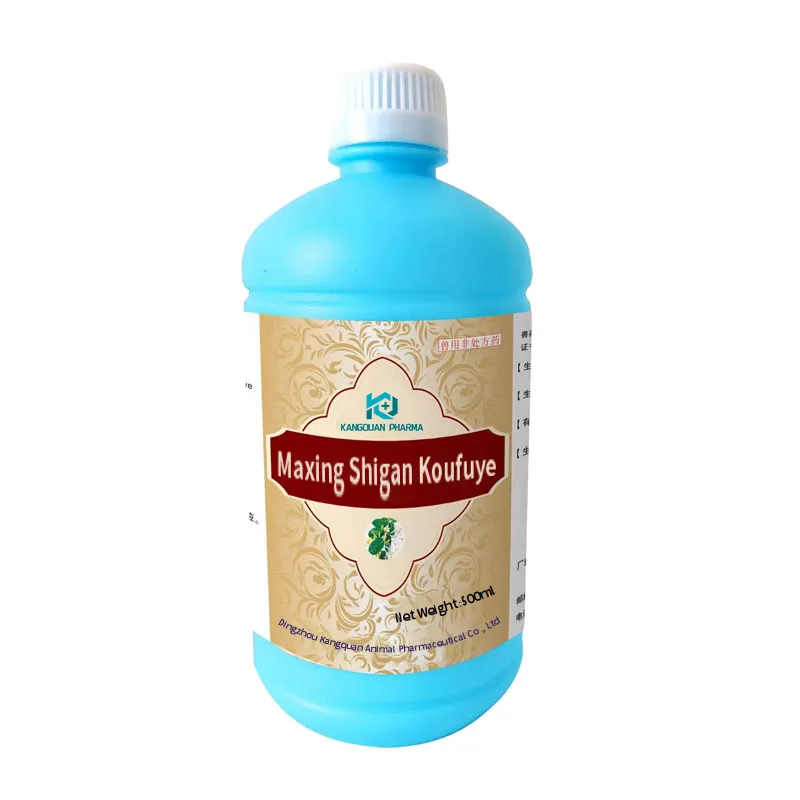- Afrikaans
- Albanian
- Amharic
- Arabic
- Armenian
- Azerbaijani
- Basque
- Belarusian
- Bengali
- Bosnian
- Bulgarian
- Catalan
- Cebuano
- Corsican
- Croatian
- Czech
- Danish
- Dutch
- English
- Esperanto
- Estonian
- Finnish
- French
- Frisian
- Galician
- Georgian
- German
- Greek
- Gujarati
- Haitian Creole
- hausa
- hawaiian
- Hebrew
- Hindi
- Miao
- Hungarian
- Icelandic
- igbo
- Indonesian
- irish
- Italian
- Japanese
- Javanese
- Kannada
- kazakh
- Khmer
- Rwandese
- Korean
- Kurdish
- Kyrgyz
- Lao
- Latin
- Latvian
- Lithuanian
- Luxembourgish
- Macedonian
- Malgashi
- Malay
- Malayalam
- Maltese
- Maori
- Marathi
- Mongolian
- Myanmar
- Nepali
- Norwegian
- Norwegian
- Occitan
- Pashto
- Persian
- Polish
- Portuguese
- Punjabi
- Romanian
- Russian
- Samoan
- Scottish Gaelic
- Serbian
- Sesotho
- Shona
- Sindhi
- Sinhala
- Slovak
- Slovenian
- Somali
- Spanish
- Sundanese
- Swahili
- Swedish
- Tagalog
- Tajik
- Tamil
- Tatar
- Telugu
- Thai
- Turkish
- Turkmen
- Ukrainian
- Urdu
- Uighur
- Uzbek
- Vietnamese
- Welsh
- Bantu
- Yiddish
- Yoruba
- Zulu
Dec . 09, 2024 17:49 Back to list
Effective Deworming Solutions for Healthy Sheep Management and Livestock Welfare
Deworming Medicine for Sheep A Comprehensive Guide
Deworming is an essential aspect of sheep husbandry that significantly impacts the health and productivity of sheep flocks. Parasites, particularly gastrointestinal worms, can lead to a myriad of health issues in sheep, including poor weight gain, anemia, diarrhea, and even death in severe cases. Therefore, understanding the types of deworming medicines available, their mechanisms, and best practices for effective use is crucial for sheep farmers.
Understanding Worm Infestations in Sheep
Worm infestations are common in sheep, with the most notorious culprits being *Teladorsagia*, *Haemonchus*, and *Trichostrongylus* species. These parasites thrive in environments with moist, warm pastures and can easily infect sheep when they graze. Symptoms of infestation can vary, but common indicators include weight loss, lethargy, and a rough coat. Regular monitoring and fecal egg counts (FEC) can help determine the level of infestation and guide deworming schedules.
Types of Deworming Medicines
There are several classes of deworming medications—commonly referred to as anthelmintics—each with its own mode of action against different types of worms
1. Benzimidazoles (e.g., Fenbendazole, Oxfendazole) These are broad-spectrum dewormers effective against a variety of nematodes. They work by disrupting the worms’ metabolism, ultimately leading to their death. Benzimidazoles are often administered orally and can be used in sheep of all ages.
2. Imidazothiazoles (e.g., Levamisole) This class is effective against a range of gastrointestinal worms. Levamisole works as a neurotoxin to the worms, causing paralysis and expulsion from the host. It can be given orally or via injection and is particularly fast-acting.
3. Macrocyclic Lactones (e.g., Ivermectin, Moxidectin) These are potent dewormers effective against a broad spectrum of parasites, including some external parasites. They work by affecting the nervous system of parasites, leading to paralysis. These drugs are known for their long-lasting residual effects and are often used in more severe infestations.
4. Salicylic Acid Derivatives (e.g., Closantel) These are effective against mature and immature stages of certain nematodes, as well as some flukes. They work by impairing the energy metabolism of the parasites. While not as commonly used as other classes, they have specific applications in targeted treatments.
deworming medicine for sheep

Best Practices for Deworming
Effective deworming requires a strategic approach. Here are best practices for sheep farmers
1. Regular Monitoring Conduct regular fecal egg counts to monitor parasite levels. This helps determine the timing and necessity of deworming.
2. Rotate Dewormers To prevent resistance, rotate between different classes of anthelmintics. This disrupts the life cycles of parasites and reduces the likelihood of developing drug resistance.
3. Proper Dosing Ensure accurate dosing based on the weight of the sheep. Under-dosing can lead to insufficient treatment, while overdosing can cause toxicity.
4. Use Combination Therapy Consider using combinations of different classes of dewormers in severe infestations or for specific parasite problems. This can increase efficacy and reduce the risk of resistance.
5. Maintain Healthy Pasture Management Implement rotational grazing practices and manage pastures to reduce the parasite load. Avoid overgrazing and consider using strategic deworming at key points in the production cycle.
6. Consult a Veterinarian Regular consultations with a veterinarian can help tailor a deworming program specific to the needs of your flock. They can provide valuable insights on regional parasite prevalence and seasonal trends.
Conclusion
Deworming is a fundamental practice in sheep management that directly affects the health and productivity of the flock. The selection of appropriate deworming medicines, alongside strategic management practices, can mitigate the adverse effects of parasitic infections in sheep. By remaining vigilant and proactive, sheep farmers can foster a healthier flock and ensure sustainable farming practices in the long run.
-
Guide to Oxytetracycline Injection
NewsMar.27,2025
-
Guide to Colistin Sulphate
NewsMar.27,2025
-
Gentamicin Sulfate: Uses, Price, And Key Information
NewsMar.27,2025
-
Enrofloxacin Injection: Uses, Price, And Supplier Information
NewsMar.27,2025
-
Dexamethasone Sodium Phosphate Injection: Uses, Price, And Key Information
NewsMar.27,2025
-
Albendazole Tablet: Uses, Dosage, Cost, And Key Information
NewsMar.27,2025













